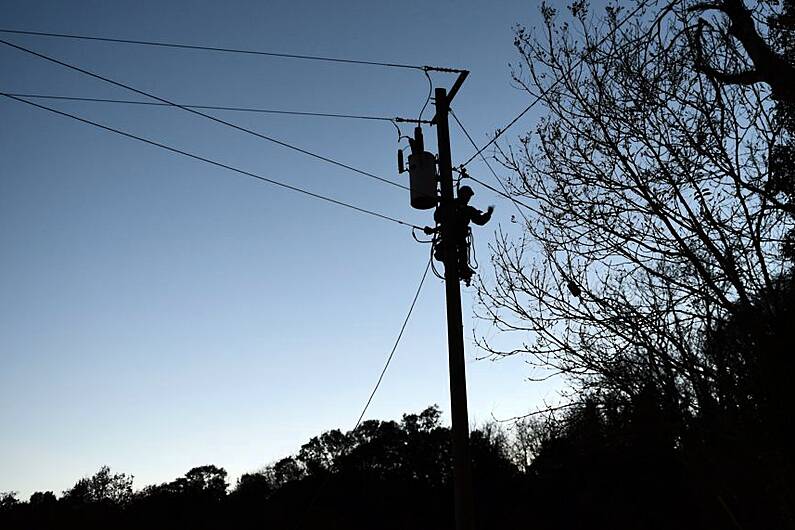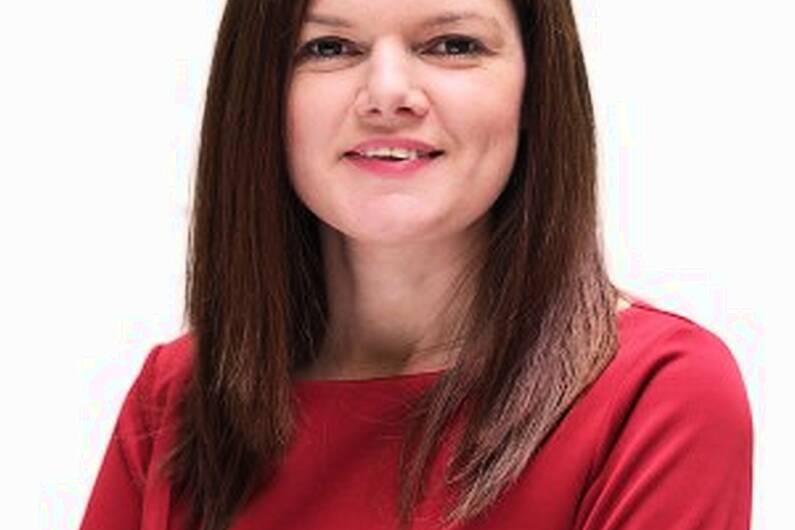A report into the treatment of young mental health patients in Kerry has found that significant harm was caused to 46 children who were under the care of one doctor.
Inappropriate medication led to three of these children producing breast milk.
The report also found that this doctor's treatment of 227 children attending South Kerry CAMHS put these young patients at risk of serious harm.
Thirteen other children were found to have been unnecessarily exposed to a risk of harm under the care of other doctors in the service.
The report - www.hse.ie/southkerrycamhsreview - was commissioned after it was reported that children and teenagers attending South Kerry Child and Adolescent Mental Health Services had been overprescribed dangerous levels of medication.
The review doesn't identify South Kerry CAMHS nor are any individuals named. Consultant child and adolescent psychiatrist Dr Seán Maskey is the lead author on the lookback review into 1,332 case files at South Kerry CAMHS between July 2016 and last April.
The review focused on the practices of one non-consultant hospital doctor.
While it says not all of the children with whom the doctor worked had been put at risk, inappropriate medications, unreliable diagnoses, and poor monitoring of treatment, meant that significant harm was caused to 46 patients - including the production of breast milk, considerable weight gain, sedation, and elevated blood pressure.
One child produced breast milk after being given risperidone by the doctor, a drug which is used to treat schizophrenia and bipolar disorder.
This doctor was not available for interview; however, the review's authors believe he thought he was helping the patients and didn't intend to harm them. While working for South Kerry CAMHS, this doctor was also running a private service in his home sometimes seeing patients up until midnight and was also working in a private clinic.
Concerns about this doctor were first reported in 2018 but no proof was found that these worries were addressed. The following year after a patient died by suicide, the doctor was described as feeling that he had to fix patients with medication to prevent such events. After he was told to stop this type of treatment, the frequency of antipsychotic prescriptions was reduced but nonetheless continued.
The review found that a key contributory factor was that there's been no permanent full-time consultant child and adolescent psychiatrist since 2016; this meant there was no regular, effective oversight of the doctor's work.
It also found significant organisational failures including poor record management and there was no shared staff diary to keep track of appointments.
35 recommendations have been made including the recruitment of a full-time clinical lead psychiatrist, that children and their families should be invited to be part of the governance structure of South Kerry CAMHS and that there should be training for all staff in risk and incident management.
The review found that no extreme or catastrophic harm was caused to the patients whose cases were reviewed.







